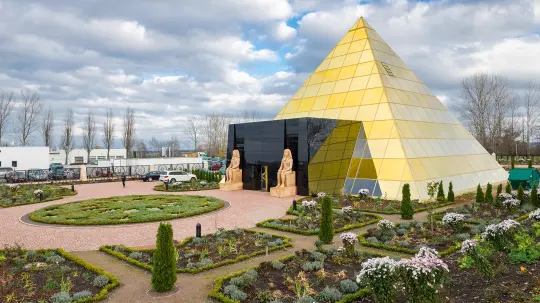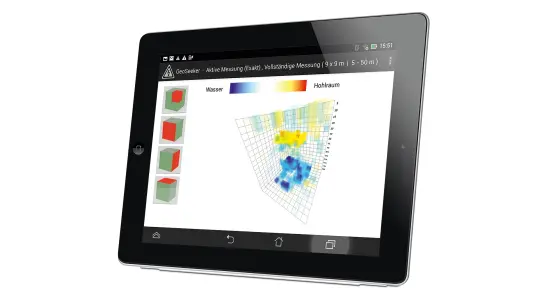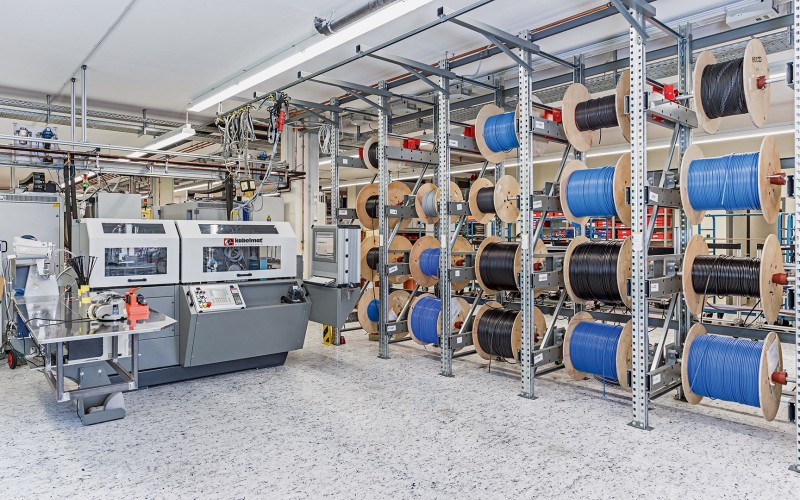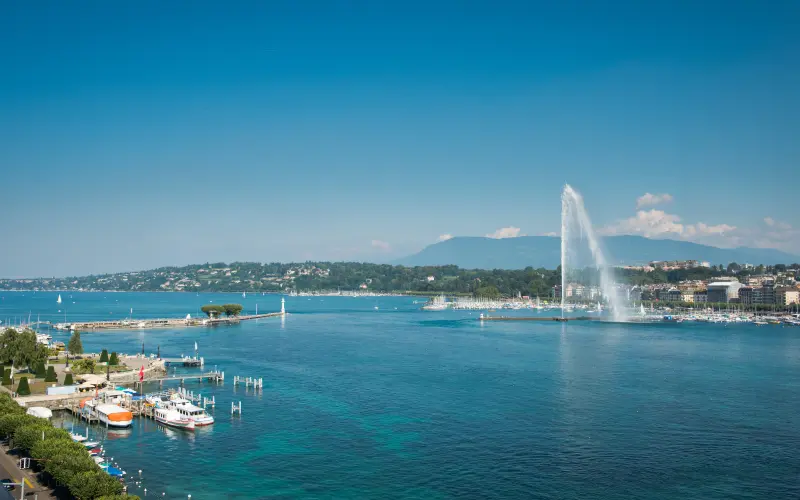Treasure Hunting Made Easy
OKM GmbH has made what treasure hunters, well drillers and archaeologists have long been dreaming of: a look below ground without heavy equipment.
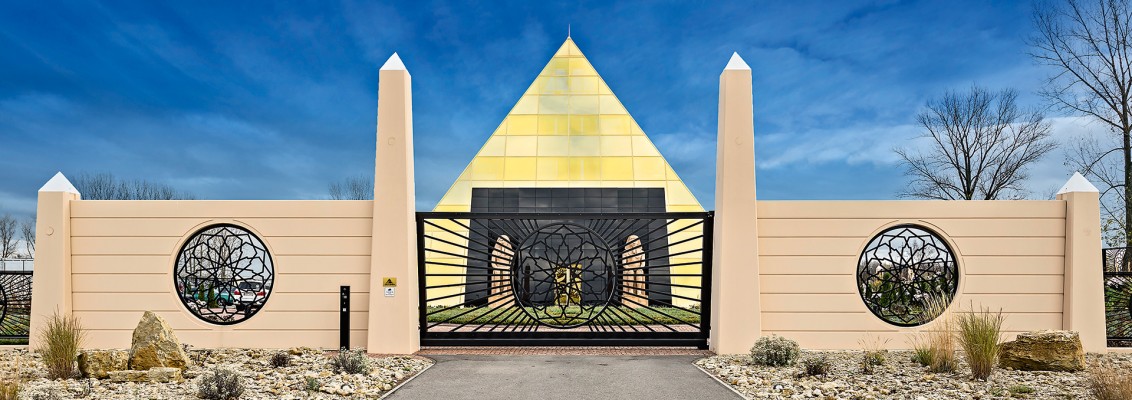
Anyone visiting OKM GmbH in Altenburg, Thuringia, Germany won’t have trouble finding the place. The company is headquartered in a 28-metre (92-foot) high golden pyramid, which shines brightly in the centre of an industrial complex. Here, a staff of 20 develop, manufacture and commercialise detectors and geophysical instruments for treasure hunters, well drillers and construction companies. “The most important target group are the treasure hunters,” explains Christian Becker, software expert at OKM. “Thanks to our products, the most amazing things have been found, such as antique weapons from the Persian Empire or ancient Qing Dynasty coins. It’s only logical that our headquarters should be something exotic and eye-catching.”
FROM GARAGE TO PYRAMID
Things weren’t always this glamorous though. The company started in a garage in Chemnitz nearly 20 years ago when Andreas Krauß, an enthusiastic treasure hunter himself, became unsatisfied with the quality of metal detectors and decided it was time to make something better. After teaming up with Ingolf Müller, now OKM’s other managing director, and further expanding the product portfolio, they opened a subsidiary in the United Arab Emirates in 2006, and finally moved into the pyramid at the gates of Altenburg in 2012.
One of the products recently launched by OKM is the GeoSeeker, a geoelectrical detector capable of locating aquifers and underground cavities. On a test site next to the golden pyramid, Christian Becker demonstrates how this device works during a visit by HELUKABEL area sales manager, Andreas Pockrandt.
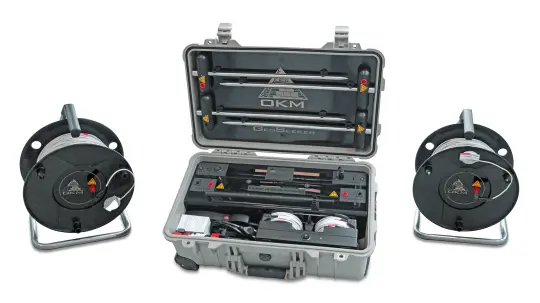
He pushes four electrodes into the ground to form a line with the outer pair and inner pair of electrodes connected separately to the control unit via white HELUKABEL SiFF silicone cables . Becker uses his tablet to instruct the two outer electrodes to pump current into the ground. The potential differences measured by the inner electrodes allow an image to be created that shows the nature and consistency of the ground below. If the current flows through an aquifer, impedance is low; if it encounters an air-filled cavity, impedance increases. The further the electrodes are placed apart, the deeper the measurements go into the ground. The combination of numerous measurements is analysed by software to determine what lies below the area under investigation.
NOT FOR DELICATE CABLES
The first demo measurement finishes after a few minutes, and Becker moves the cables two metres (six-and-a-half feet) sideways. “In practice, the measured area is much greater, of course,” explains the computer science graduate. “That’s why the cables connected to the current-pumping electrodes are 250 metres (820 feet) long.” OKM decided to use HELUKABEL silicone cable primarily because of its flexibility and resilience. “The cable can be easily rolled and unrolled,” explains Andreas Pockrandt. “Additionally, it’s very rugged.” This is important because rather than completely rolling up and unrolling the cable each time, the fully unrolled cable is often dragged across metres of rough ground. “HELUKABEL SiFF cable copes well with this kind of treatment,” comments Becker. Another advantage is its white colour, which makes it clearly visible on grass or soil.
As with all of OKM products, the GeoSeeker is mainly used in the Middle East, South America and Africa. Alongside treasure hunting, customers primarily use the device to carry out preliminary investigations for water wells and other building projects. “The GeoSeeker provides users with contactless information about the consistency, nature and water content of the ground, thereby eliminating the need for drilling hundreds of exploratory holes,” comments Becker. That is the idea: no heavy equipment and no unnecessary damage to the ground.
